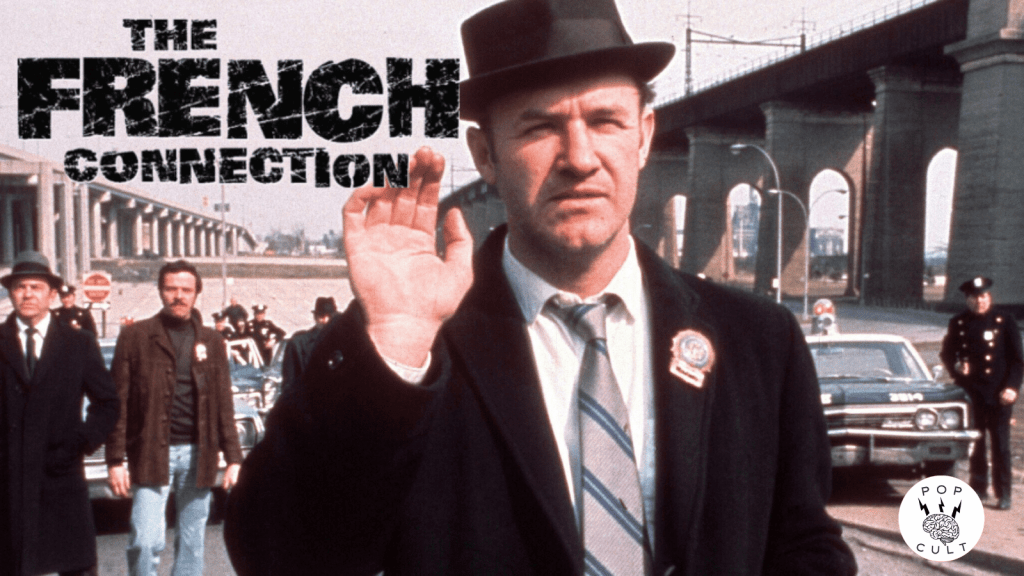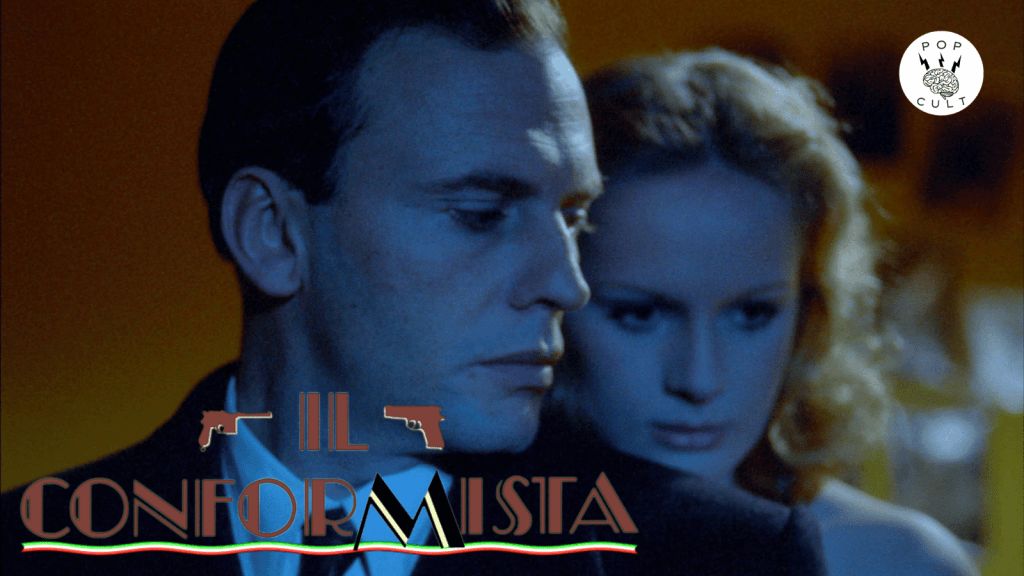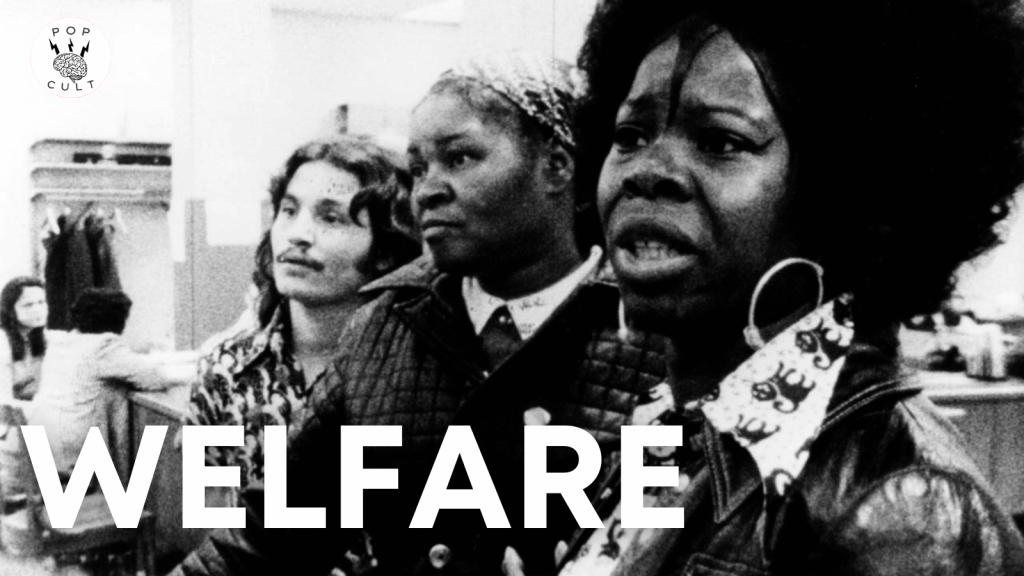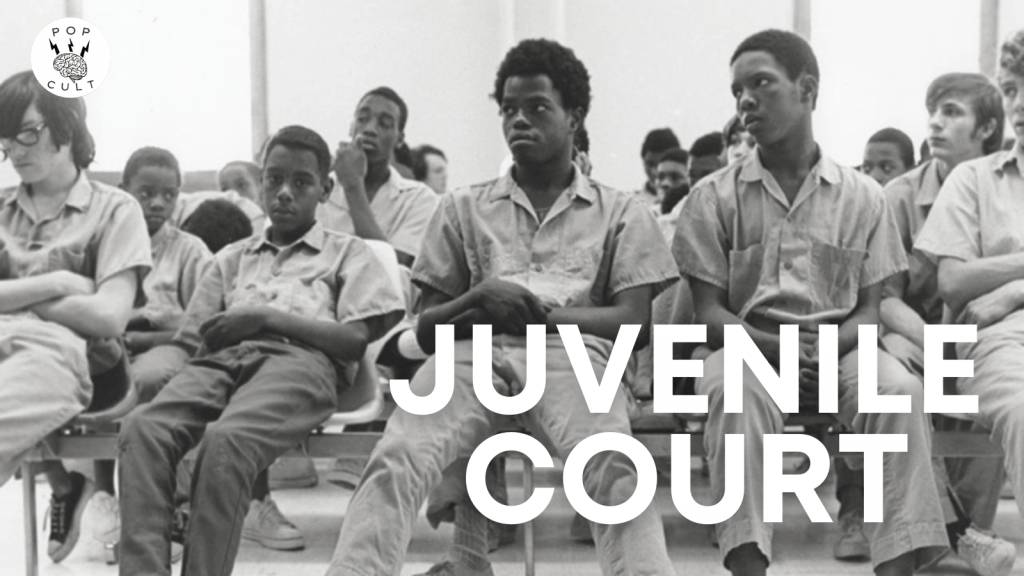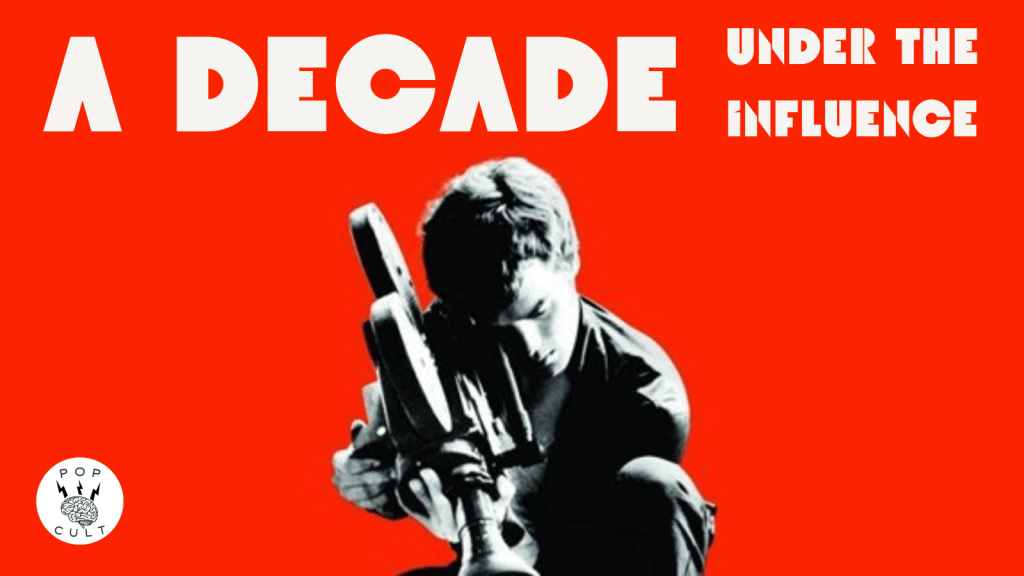The French Connection (1971)
Written by Ernest Tidyman
Directed by William Friedkin
It’s not the story that compels you to keep watching. It’s the lead performance by Gene Hackman. It’s the bleak atmosphere of a decaying New York City. It’s the sense that no matter how this turns out, no one really wins. The rot will just keep spreading. Reactionary cinema had its Golden Age in the 1970s. Most of those depicted the rogue cop or the street vigilante as a bastion of “real justice,” pushing aside those pesky civil rights laws to “get the job done.” You might lump The French Connection in with something like Dirty Harry, but that would be a mistake. Dirty Harry revels in Callahan’s sadism and hatred of pretty much all humanity. Popeye Doyle is not someone we’re meant to admire. He’s an animal we’re observing who stalks and hunts vulnerable prey, invoking the Law as his justification. He doesn’t care about the Law, though. This is about ego.
Continue reading “Movie Review – The French Connection”
